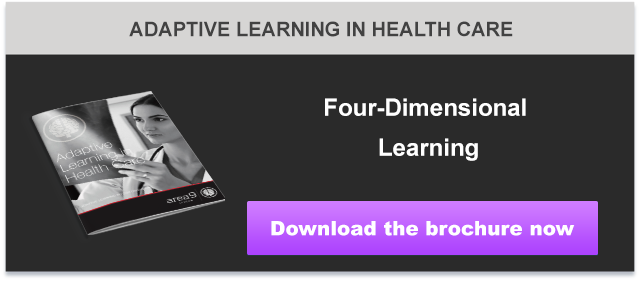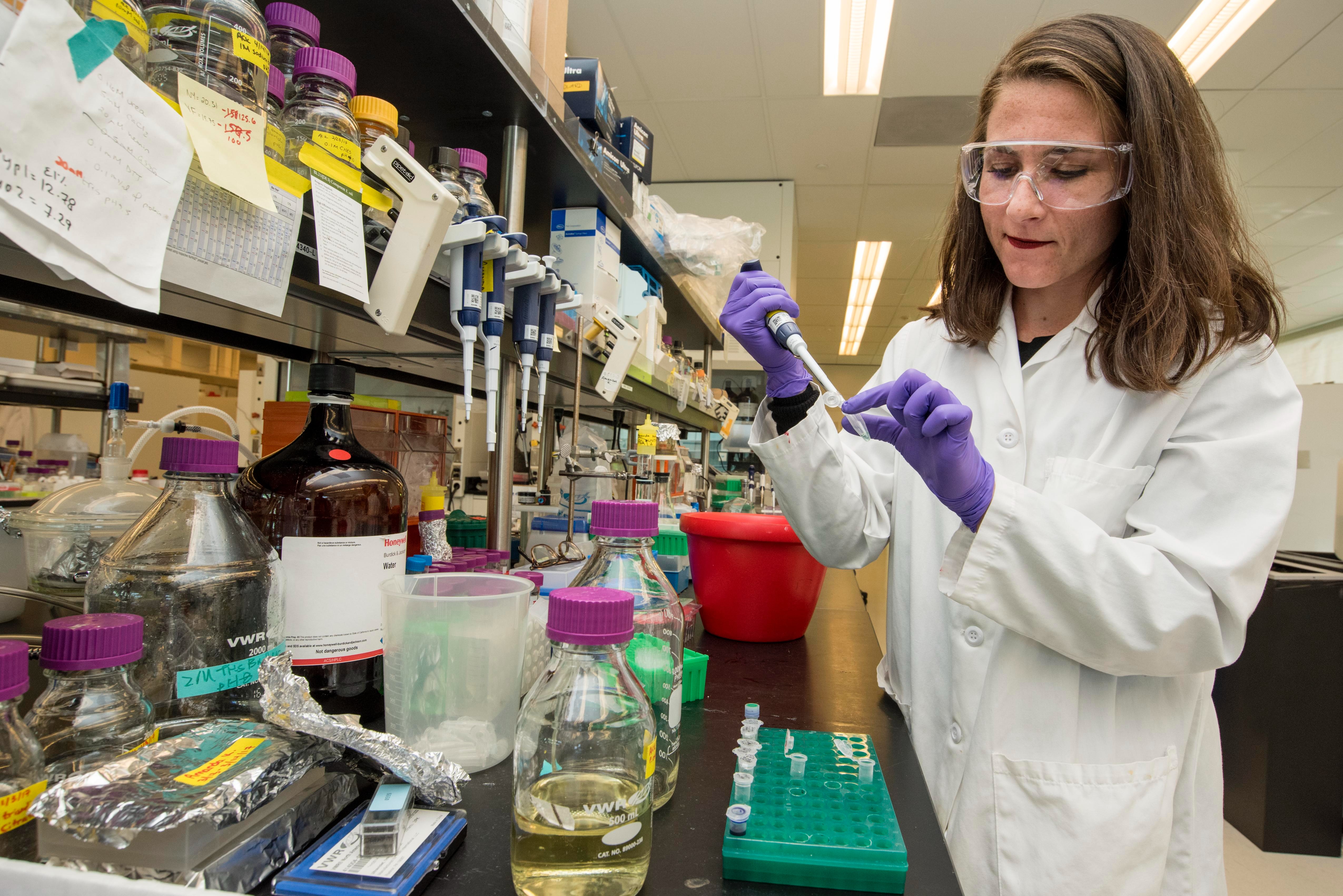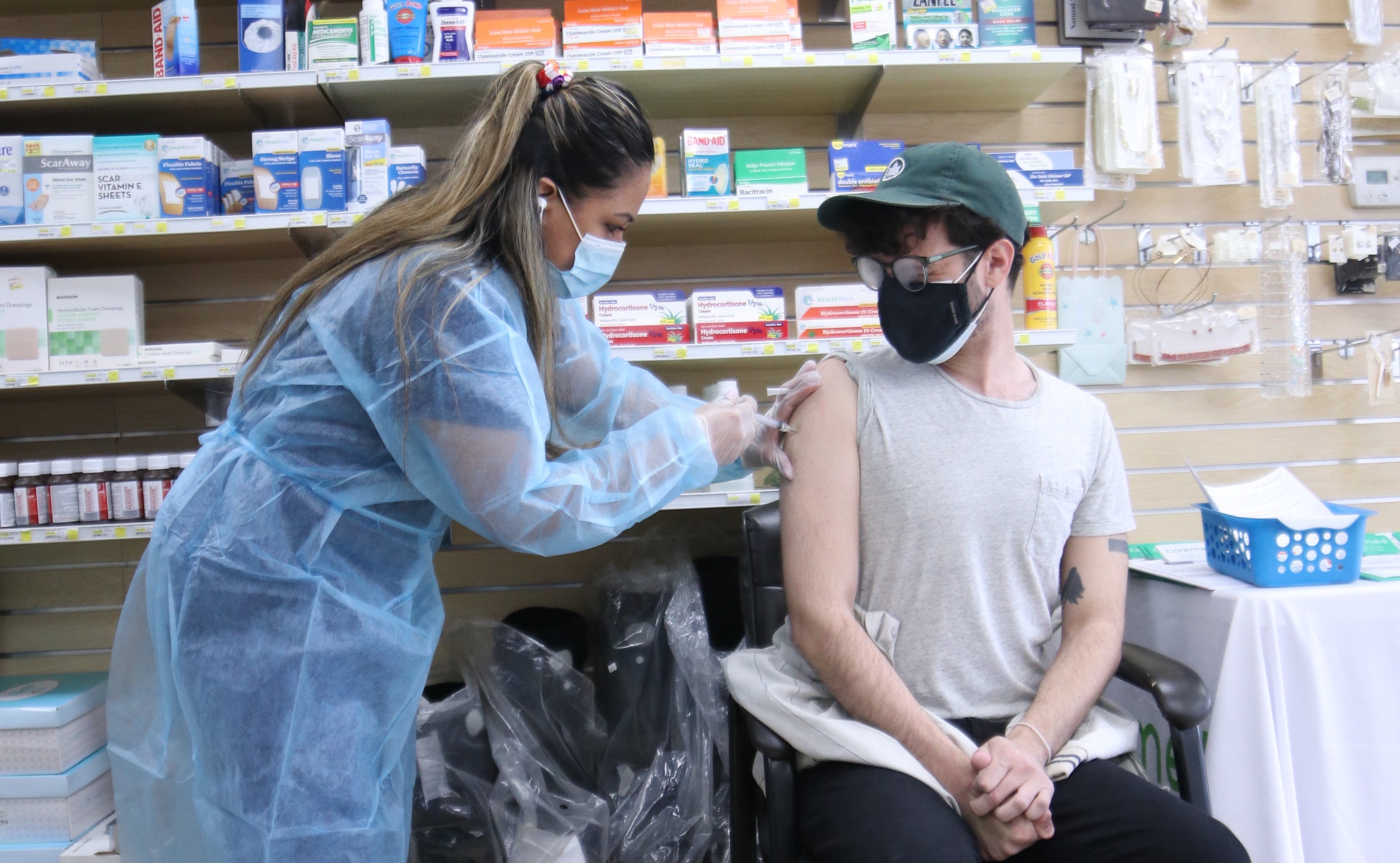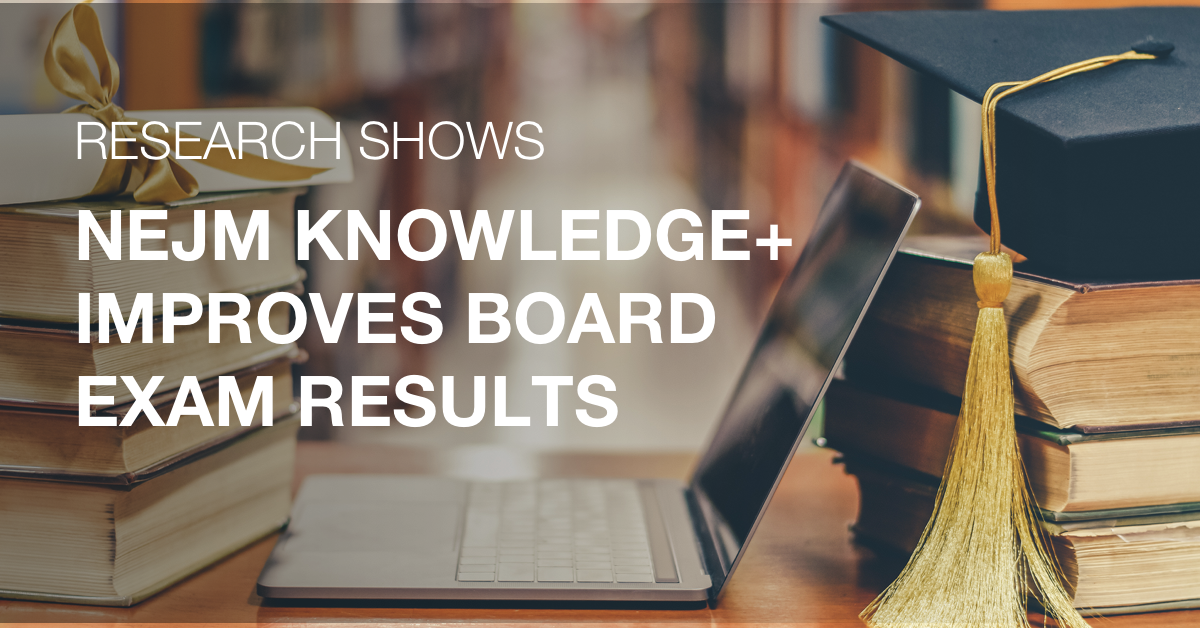Microlearning is an e-learning approach that breaks lessons into smaller chunks in order to make the training feel more manageable. Because of this, microlearning may seem like an attractive choice for an e-learning training solution for healthcare staff working under time pressure.
Microlearning can be especially appealing to physicians, who don’t have much free time for training because of how busy and unpredictable their days can be. But is microlearning for healthcare really as efficient as it seems?
The Trouble with Microlearning for Healthcare
Microlearning delivers the same training as most other e-learning training systems. The only difference is that microlearning divides that time into smaller chunks. The problem is that microlearning doesn’t actually reduce training times.
If you have a study session that takes an hour to complete, microlearning might divide that session into two-minute chunks. Of course, this doesn’t mean that the training is faster, just that the same amount of training time has been divided in a different way.
And of course you can let the learner search those chunks and only look at the ones they are interested in, but ‘interested in’ doesn’t equate to ‘need’. Learners are often unaware of their own misconceptions. Microlearning can make things worse not better, because it makes it easier for learners to ignore learning that is crucial.
Microlearning can be great as reference material for ad hoc performance support, but as a core teaching tool it suffers from the same problem as traditional classroom and e-learning approaches - it doesn’t incorporate spaced repetition to help learners build robust memory of what they have learned. So learners forget what they learned, and waste time searching again and again.
The Personalized, Adaptive Learning Solution
Adaptive Learning is a personalized training solution that reduces training time by up to 50% — without sacrificing quality — and actually increases learner mastery. Adaptive Learning reduces training time by not wasting learners’ time on topics they already know. This act alone reduces training times drastically.
While Adaptive Learning does use a similar technique to microlearning — it breaks large, dense materials into smaller chunks — Adaptive Learning targets the specific areas where a learner struggles, so the knowledge is something the learner needs to know. Adaptive Learning saves time by not teaching what the learner already knows, not by dividing set study hours into smaller portions.
That’s why Adaptive Learning first calibrates the knowledge levels of a learner, determines their strengths and weaknesses in any given subject, and focuses on closing knowledge gaps. Knowing that their time is not being wasted going over things they already know, the learner’s engagement with the training improves, leading to better mastery.
Adaptive Learning also incorporates spaced repetition that is personalized to every learner - optimizing their path to mastery.
In healthcare, it’s important to have fast training while still maintaining high quality standards. Adaptive Learning is personalized learning that can reduce training times while ensuring that learners succeed.





